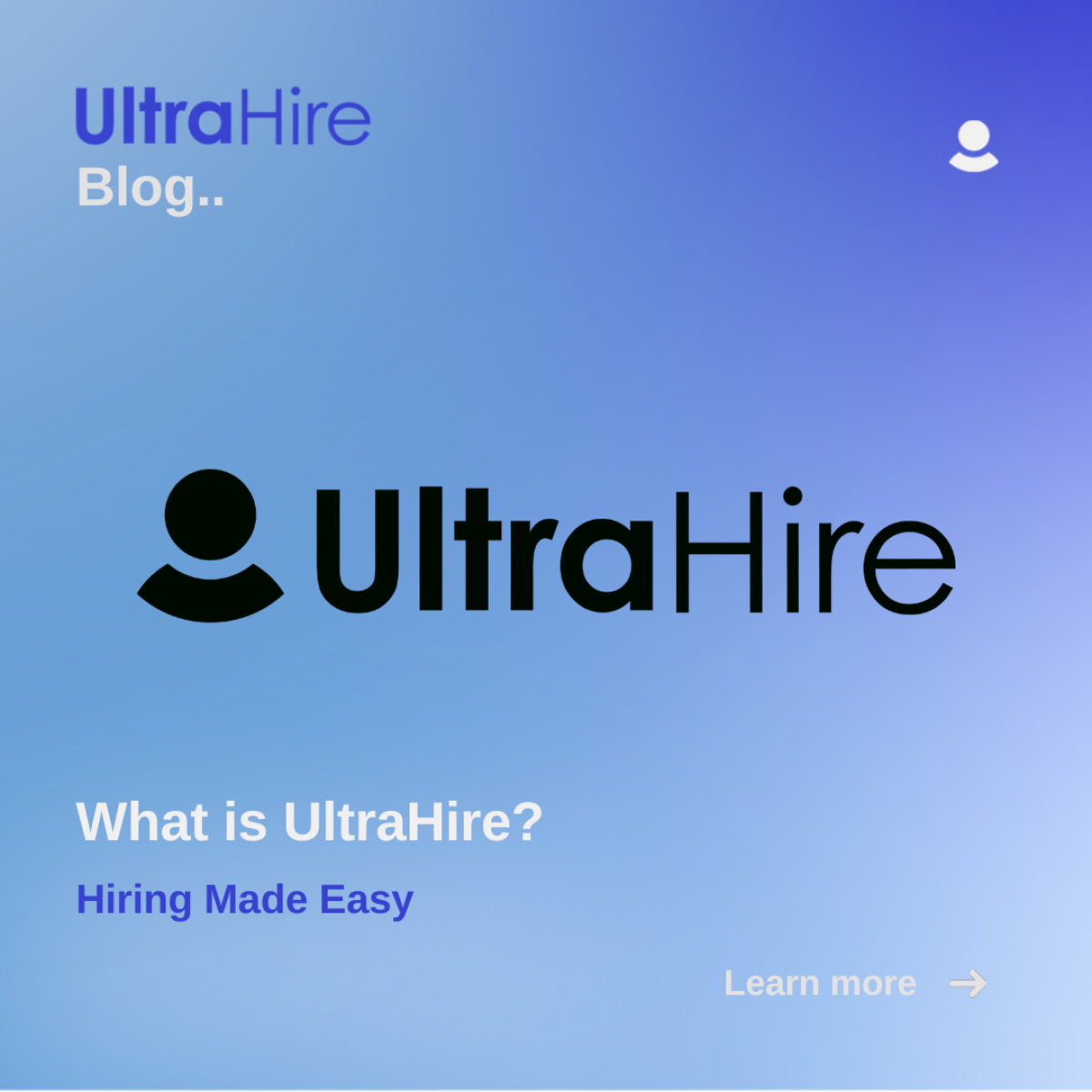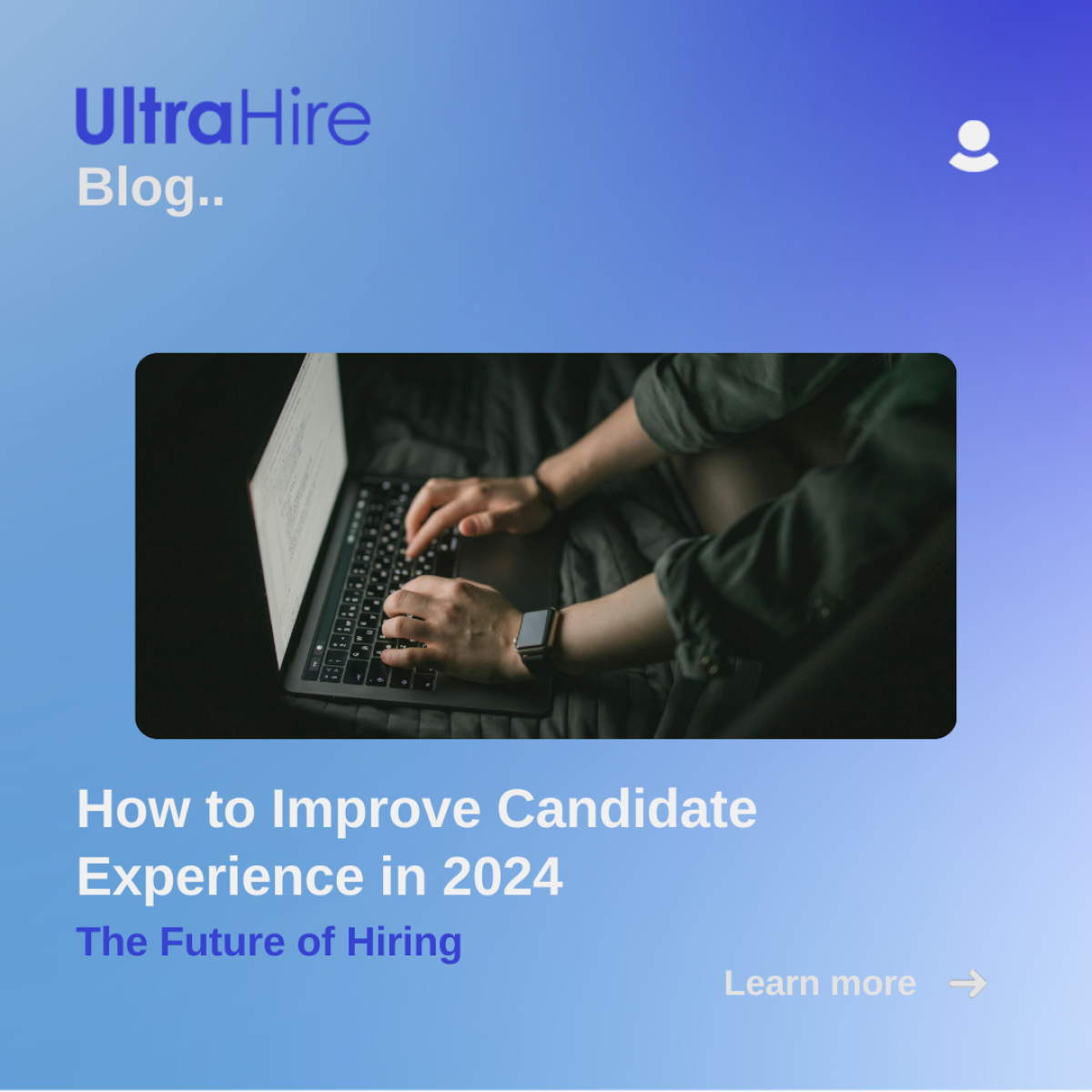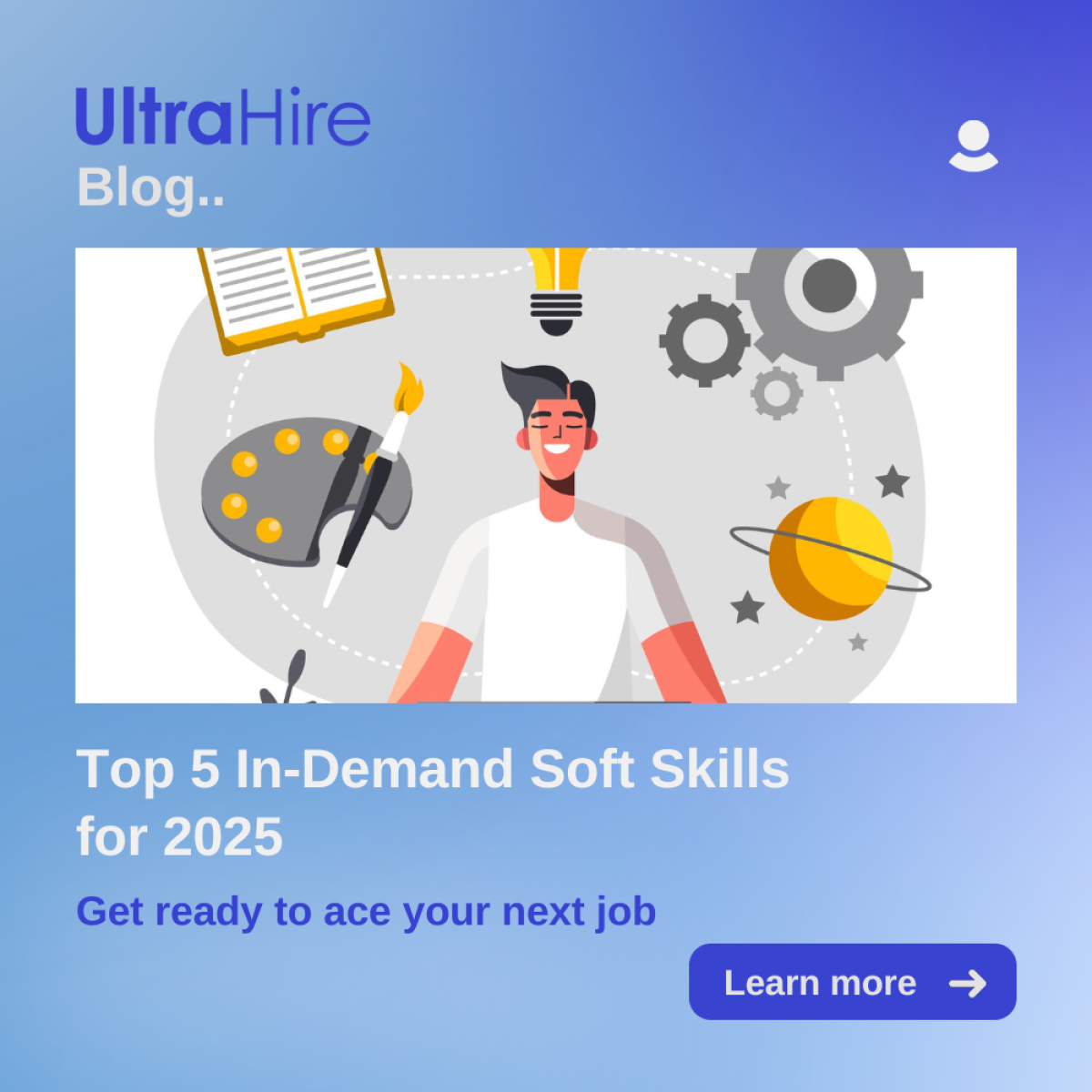Understanding Generation Z in the Workforce



In today’s evolving job market, understanding Generation Z is crucial for both employers and job seekers. iHire’s latest report, “Gen Z in the Workforce,” dives deep into Gen Z's job search behaviors, career goals, and challenges, providing essential insights for bridging the gap between this emerging workforce and today’s employers.
Key Findings:
Stereotypes: Generation Z is aware of stereotypes such as being entitled or lacking commitment. However, they are also seen as tech-savvy, socially conscious, and diverse. About 70% seek alignment with their employer’s mission and values.
Soft Skills Gap: Employers see a need for improvement in Gen Z's interviewing and communication skills. Yet, many Gen Zers rate their etiquette and resume-writing abilities highly, indicating a disconnect between employer perceptions and Gen Z self-assessment.
AI Concerns: While 33% fear AI might replace their jobs, many Gen Zers are slow to adopt AI tools in their job searches. This highlights a potential area for growth and adaptation.
Dream Jobs & Preferences: 69% of Gen Zers have a dream job in mind, prioritizing a positive work environment, fair pay, and work-life balance. Interestingly, 82% prefer in-person work at least some of the time, with a mix of hybrid and fully in-person setups being the most popular.
Job Market Challenges: Gen Z often struggles to find roles that match their skills. Overly specific job requirements from employers create high barriers for entry-level opportunities, making it challenging for this generation to enter the workforce.
Bridging the Gap:
Employers need to understand how to recruit, retain, and engage Gen Z effectively. This involves recognizing their values, adapting recruitment strategies, and fostering an inclusive work environment. Conversely, Gen Z must align with employer expectations and market themselves effectively, emphasizing their unique skills and adaptability.
Keywords
Generation Z
Gen Z workforce
job market trends
recruitment strategies
soft skills gap
AI concerns
dream jobs
job search behaviors
career goals
workplace preferences
employer expectations









